About Publications Library Archives
heritagepost.org

Preserving Revolutionary & Civil War History

Preserving Revolutionary & Civil War History
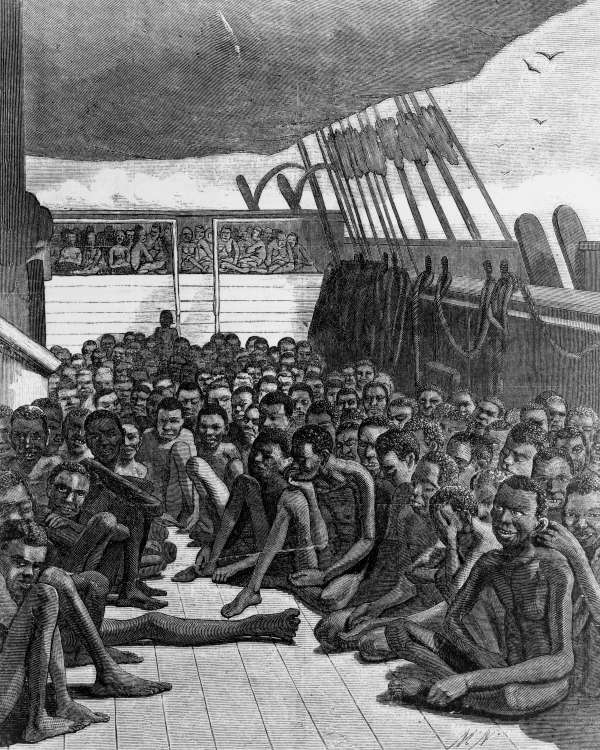
Credit: Library of Congress Media type: engraving Museum Number: LC-USZ62-41678 Annotation: African slaves on the deck of the slave ship Wildfire Year: 1860
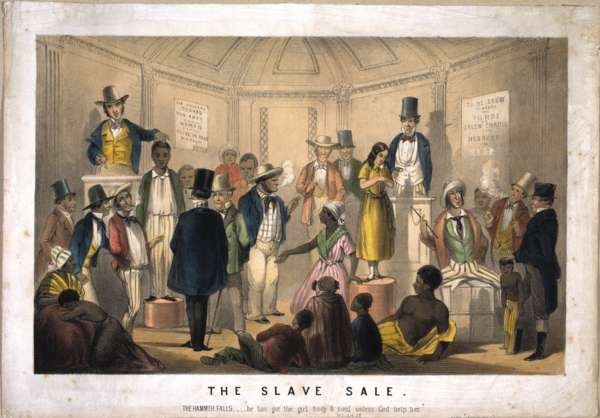
Credit: Cosmopolitan Magazine [number 38, December 1904] Media type: engraving Museum Number: Annotation: Though the Atlantic slave trade ceased legally importing slaves on 1 January 1808, the earliest date allowed by the US Constitution, the practice of slavery and the sale of slaves in the United States continued until President Lincoln issued the Emancipation Proclamation on the first…
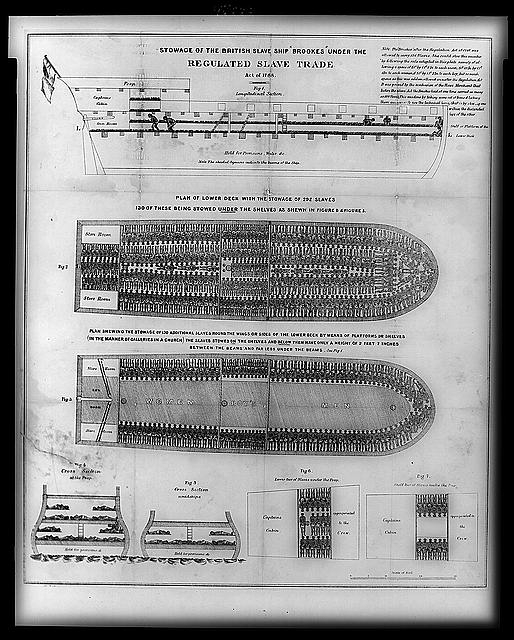
Credit: Library of Congress Media type: engraving Museum Number: LC-USZ62-44000 Annotation: Note: The “Brookes” after the Regulation Act of 1788, was allowed to carry 454 Slaves, She could stow this number by following the rule adopted in this plate. Namely of allowing a space of 6 ft. by 1 ft. 4 in. to each man; 5 ft. 10 in.…
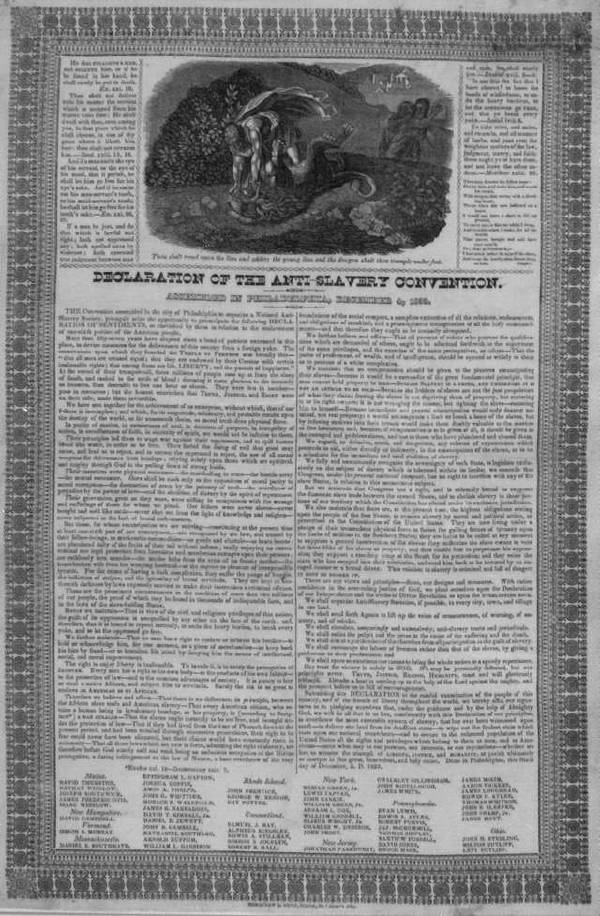
Credit: Library of Congress Media type: broadside Museum Number: Portfolio 153, Folder 26 Annotation: Sixty abolitionist leaders from ten states met in Philadelphia in 1833 to create a national organization to bring about the immediate emancipation of all slaves. This organization was named the American Anti-slavery Society, and the participants elected officers and adopted a constitution and declaration. ,…
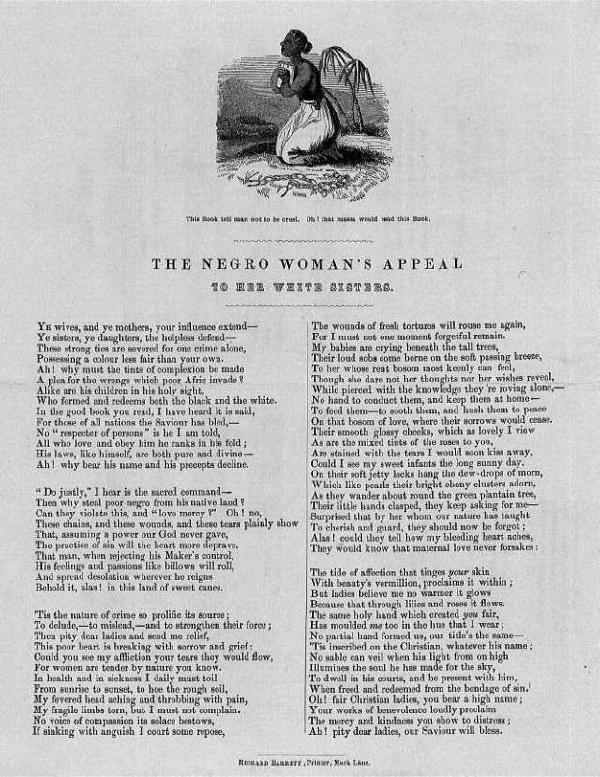
Credit: Library of Congress Media type: broadside Museum Number: Portfolio 65, Folder 8 Annotation: Antislavery broadside created and published in London, 1850. With the increasing size of the abolotionist movement came the use of handbills and broadsides appealing directly to women of all races. Invoking powerful imagery, such as the supplicating figure shown in this broadside, were intended to…
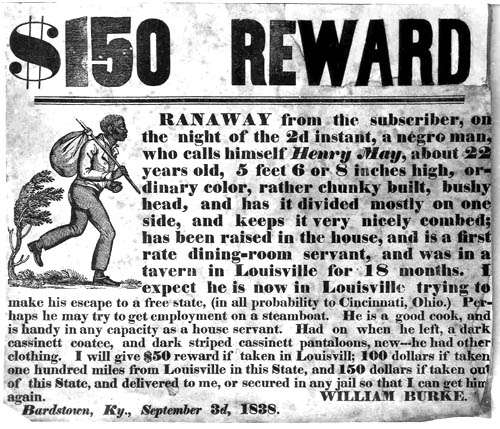
Credit: Library of Congress Media type: advertisement Museum Number: Portfolio 22, Folder 12b Annotation: Advertisement run in Kentucky newspaper ofering up to a $150 reward for the return of a runaway slave named Henry May. Even with the passage of fugitive slave legislature in the mid 19th century and the persistant use of “slave catchers”, advertisements offering rewards for…